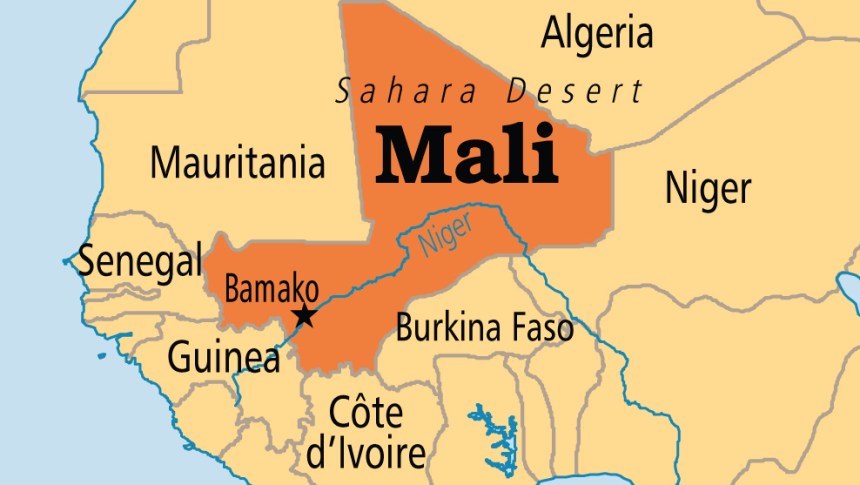Mali celebrated her 60 years since independence on Tuesday.
Here are the major highlights of the country’s life since independence:
– Independence –
On September 22, 1960, Mali becomes independent.
Under president Modibo Keita, it declares itself a socialist state.
– ‘President for life’ –
On November 19, 1968, Keita is overthrown in a military coup led by Moussa Traore, who becomes “president for life” and rules the country for 22 years.
In 1990, several organisations are created advocating multiparty politics.
Successive protests and strikes take place for five months.
Traore is ousted on March 26, 1991 by a military rebellion which involves heavy street fighting in the capital Bamako and leaves over 100 people dead.
Amadou Toumani Toure is installed as president.
– Establishing democracy –
In 1992, the regime holds elections under a new constitution and Alpha Oumar Konare becomes the country’s first democratically elected president.
He wins a second five-year term in 1997.
In the 2002 election, Toure returns as president.
– Tuareg rebellion, jihadists –
In 2006 — following previous rebellions in the 1960s and 1990-1994 — there is a fresh outbreak of fighting between government forces and the Tuareg ethnic group in the north.
There are several attacks and hostage-takings up to 2009, interspersed by peace deals.
In 2012 Tuareg rebels and other groups launch an offensive to seize towns in the north.
Soldiers overthrow Toure saying his regime failed to give the armed forces the means to defeat the rebellion.
Tuaregs and rebels allied to Al-Qaeda in the Islamic Maghreb (AQIM) move on to capture the capitals of the three northern regions, but the Tuaregs are soon ousted by the Islamists.
– Foreign interventions –
In January 2013 former colonial power France launches a military operation to drive back the Islamists.
The jihadists flee the northern cities days later; French-led troops recapture Gao and Timbuktu, and then retake Kidal airport.
In February, the European Union sends 600 soldiers to train the Mali army.
In July, a 15,000-strong UN peacekeeping force, MINUSMA, is deployed.
– Keita in power –
On August 11, 2013, Ibrahim Boubacar Keita is elected president.
The government, armed groups and international mediators sign a peace accord in May 2015, with the Tuareg rebels signing in June.
But the country remains in the grip of violence, fighting jihadists as well as intercommunal clashes.
– Coup –
On August 18, 2020, Keita is toppled in a military coup, following several months of crisis.
Regional bloc ECOWAS condemns the coup and pledges a range of retaliatory actions, including financial sanctions.
On September 21, Mali’s military junta announces former defence minister Bah Ndaw will be the new transition government’s president and junta leader Colonel Assimi Goita will be vice president. (AFP)

 Join Daily Trust WhatsApp Community For Quick Access To News and Happenings Around You.
Join Daily Trust WhatsApp Community For Quick Access To News and Happenings Around You.

